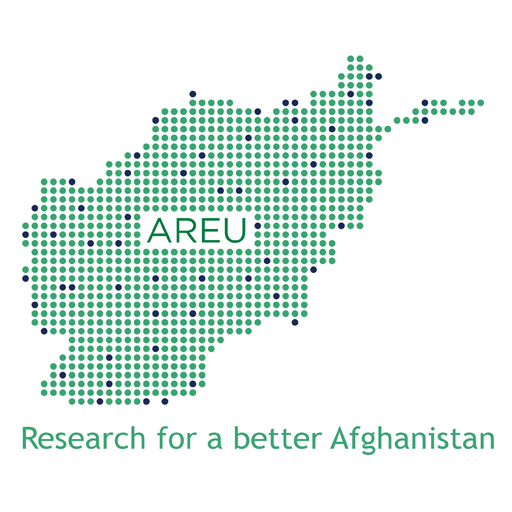
30 Nov National Solidarity Programme 2004-05
“The fact that the government has engaged communities as partners in development for the first time in Afghan history has been an empowering experience. It signals not only a process of democracy introduced ‘from above,’ but it may also foster the emergence of democracy ‘from below.’â€
During 2004-05, AREU conducted its first research on the Afghan government’s National Solidarity Programme (NSP), a rural governance and development initiative centred around democratically-elected community decision-making groups.
A combination of fieldwork and interviews with foreign implementing partners was used to review the NSP’s impact on power and gender relations in rural Afghanistan. Despite its challenge to traditional norms, research showed that the NSP has been enthusiastically embraced by many communities, and has the potential to foster a strong sense of ownership in democratic processes at a local level. However, it found the gains to be fragile, with a focus needed on long-term sustainability as well as women’s participation in NSP processes.
AREU has since studied the National Solidarity Programme through the prism of other research projects.

